ARCHIVE
2023 Myth and Theatre Festival
FETISH
took place June 17 to July 2, 2023
Read the latest version
« Our initial militant resolution to revalue the fetish remains… the emphasis on performance. »
The schedule is coming together, with titles and presenters. The detailed schedule will also be updated during the Festival.
Soon, updates with an updated History of the Festival.
Next one : Planning ONLINE.
Online events (live or recorded) will be announced shortly in a special Newsletter.
For participants: prepare a working TEXT, readings to do (Matory, Papaïs…) How to dress: summer hear, cool evenings…
Why Fetish?
The 2023 Myth and Theatre Festival proposes a re)visioning of the very notion of FETISH, of its value and agency as inherent to performance and at the heart of artistic genius. It proposes practices and ideas that can reverse the religious, moral and political misappropriations – and emancipate its erotic or supposedly perverse connotations. . It posits that a fetish is first and foremost an object or gesture of affection and magical sympathy.
The Editorial
Since our first proposals in 2022, the Festival’s editorial has evolved considerably, particularly under the galvanizing impact of James Lorand Matory’s book, The Fetish Revisited: Marx, Freud, and the Gods Black People Make.
We are less than a month from its opening. Our original militant resolution to re-valorize the Fetish remains, but with a specific emphasis on its value and agency in artistic practice, and especially in performance.
READ MORE
History
The Myth and Theatre Festival began in 1987 at Malerargues, the Roy Hart Centre, under the presidency of James Hillman, founder of archetypal psychology and main heir of Carl G. Jung. A gathering of artists and psychotherapists, mostly American. But cultural polytheism did not fit in with the ‘Roy Hart’ of the period. From 1990 to 1997 the festival was hosted at the Chartreuse de Villeneuve lez Avignon (a golden exile), to then travel to New Orleans, Granada and Ireland. It returned to the Roy Hart Centre for a cycle on Myths of the Voice. Nobody had thought of it! Fetish is part of a Cycle on Magic.
READ MORE
When Fetish?
The Festival is planned June 17 to July 2, 2023
in 4 part-periods
with the possibility of registering for one or more, or for the whole festival.
1
June 17 to 22
open to all 6 days intensive
mornings : introduction to vocal and choreographic theater work
afternoons laboratories
evening seminars
2
June 24 and 25
WEEKEND
master classes and laboratories during the day
seminars and performances Saturday evening, Sunday until 5:30 pm
3
June 26 to 29 juin
4 days intensive: advanced / professional
voice work in the morning
afternoon laboratories
including The Academy of Boredom : object metaphor (and fetish) work.
evening seminars and performances.
4
WEEKEND SYMPOSIUM
with Xavier Papaïs
including talks and laboratories
June 30 Friday evening + Saturday July 1st and Sunday July 2nd
To assess the notion of Fetish and more broadly of Magic – through the Greek concept of Sympathy.
How Fetish?
THREE MAIN WORKING APPROACHES
Voice Training
Taking Roy Hart’s extended voice work into performance, singing and interpretation.
If you think of fetish as intimate, kinky and emotional, it should show up, maybe in the texture and timbre of your voice, or in the amulets you wear in your hair or dress…
Choreographic Theatre
Choreographic Theatre : training in the chorus disciplines that bring out personal genius, personal fetish moves…
“I understand choreography especially in terms of “making a move”: an esthetic AND ethical initiative, acted out.”
My definition of IMPROVISATION: “Imps at work”. EP.
The Academy of Boredom
A chaotic and highly ritualized laboratory for the study of acting with objects.
In mythology: a context that brings together chronic order (Kronos) and the spontaneity of panic dis-order (Great Pan). Objects return as ruling, animistic fetishes.
Where Fetish?
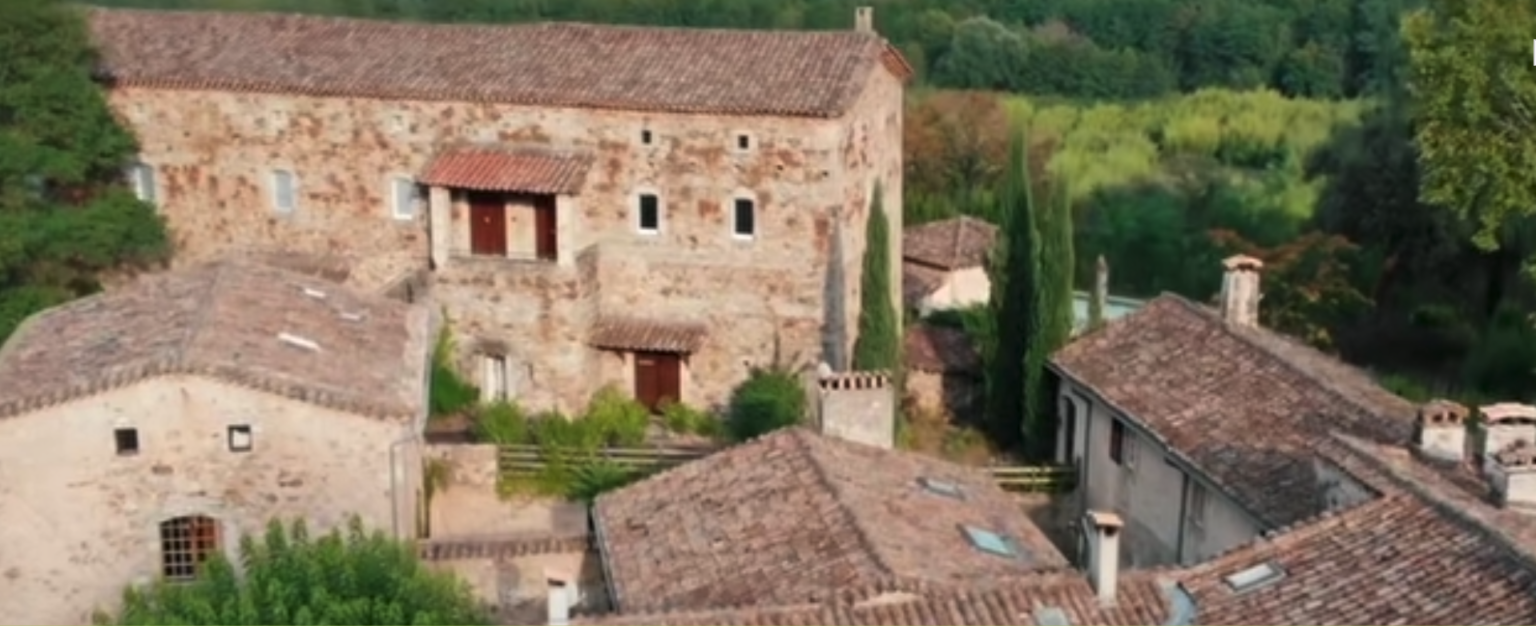
The workshop-festival takes place at Malerargues, a pastoral paradise in the Cevennes foothills, Southern France, near Nimes, Montpellier and Marseille – with a theatre space (the large building on the photo, a magnificent old silk-worms ‘magnanerie’), six working studios, some 12 pianos, 30 hectares of Mediterranian forests – a hamlet surrounding a sturdy huguenot château ! (See below.) Pantheatre’s Library is installed in the chateau’s chapel, at the back of the image behind the tall cypresses.
Malerargues & Roy Hart Centre (a drone overview!)
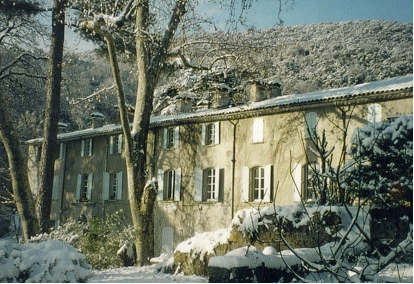
The Festival?
A Workshop-Festival
The Myth and Theatre Festival was created in 1986 under de auspices and presidency of American writer and psychologist James Hillman.
It is Pantheatre’s yearly key event, intertwining performance practice with cultural studies, especially in mythology and anthropology.
2022 23 Seminars
2022 Fall Cycle
2022 Summer Program
2022 Spring Cycle
2020 Festival
2021 Festival
2022 Festival
Enrique’s BLOG
The Festival also draws a non-performance myth and theatre audience (intellectuals, teachers, psychotherapists, writers, etc.) and invites top lecturers. For 2023 the Festival has invited (to be confirmed):
Xavier Papaïs – keynote speaker of the Festival’s closing Symposium (June 30 July 1 and 2). “The most inspiring contemporary thinker, especially for artists.” (Enrique Pardo) See : Magic and Human Sciences.
James Lorand Matory, Duke University (USA), author of The Fetish Revisited: Marx, Freud, and the Gods Black People Make – the book that clinched the title for our 2023 Festival.
Sonu Shamdasani, long-standing Festival contributor, historian of psychology, editor of both Carl Jung’s The Red Book, and The Black Books. Doctoral professor at University College London.
Pantheatre’s training is both advanced AND open to all: much more a question of attitude, personality and willingness to take risks, than of technical, musical or theatre skills – which, of course, are more than welcome.
Most participants have an interest in performance: physical or text-based theatre, danse or singing. Pantheatre’s training is a SYNTHESIS of these, applied to voice performance, singing and choreographic theatre.
Direction : Enrique Pardo and Linda Wise
Organizer : Debora Balardini
Advisers : Daniela Garcia and Grace Zandarski
with
Adriana Medina, Eloïse DeNayer, Axel Chia, Mathis,
Alice Bellefroid, Michaëlla Gallozzi, Pierre-François Blanchard
Online Programs Directors : Debora Balardini and Querena
Social Media (English & Spanish) : Querena
PR and Online Host : Adriana Medina
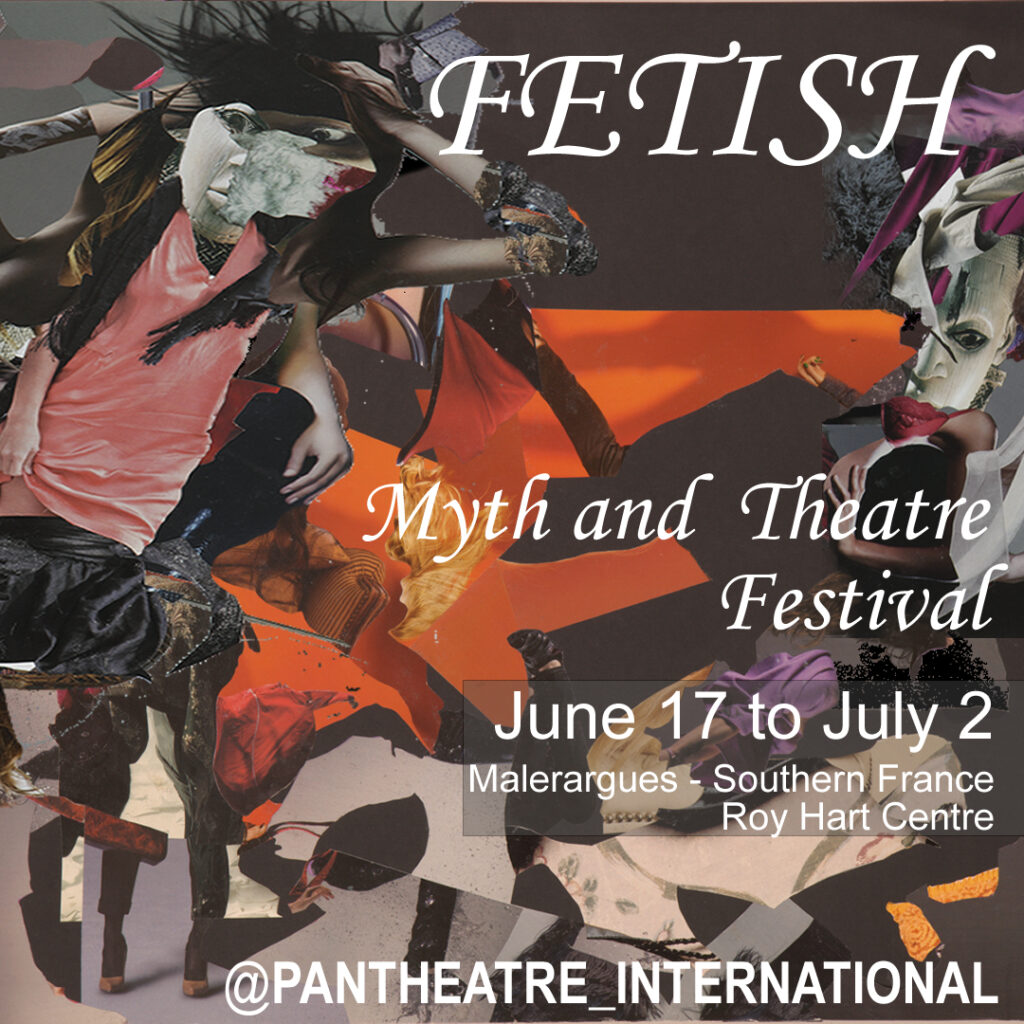
The Directors
My ‘cutting-edge’ work happens, unquestionably, in laboratories, from where a whole series of performances, magnificent collaborations, have emerged. I call these Folies à Deux: intertwined transfers towards what is perhaps my main goal: psychological creativity. My role: laboratory director, the one Alchemy called ARTIFEX: artificer, catalyst and, why not, shaman: « You are a shaman as long as your luck lasts » (Roberte Hamayon). With age I seem to be getting luckier. This is beautifully described by Florence Derail in an email that ends like this:
« This workshop-Laboratory:
– is not a therapeutic place – despite the benevolence that prevails in them,
– it is a place where each participant, whatever his or her possible initial blocks, is placed in a state of hyper-creativity and hyper-receptivity, where intuition grows at a very fast pace.
– It’s a laboratory in the strongest sense, a place of experimentation [for whom? For everyone, including Enrique Pardo.] »
And THE VOICE in all this? I like an (indirect) definition by Giorgio Agamben: « Listening to the voice in speech, that’s what thinking is all about ». I also go along with Roy Hart’s favorite quote: « The voice is the muscle of the soul », after H. W. Longfellow. I say that I could be one of Roy Hart’s best lawyers, of his life, work and philosophy – while not necessarily agreeing with everything he did or said, especially fifty years later. EP read more
Enrique Pardo
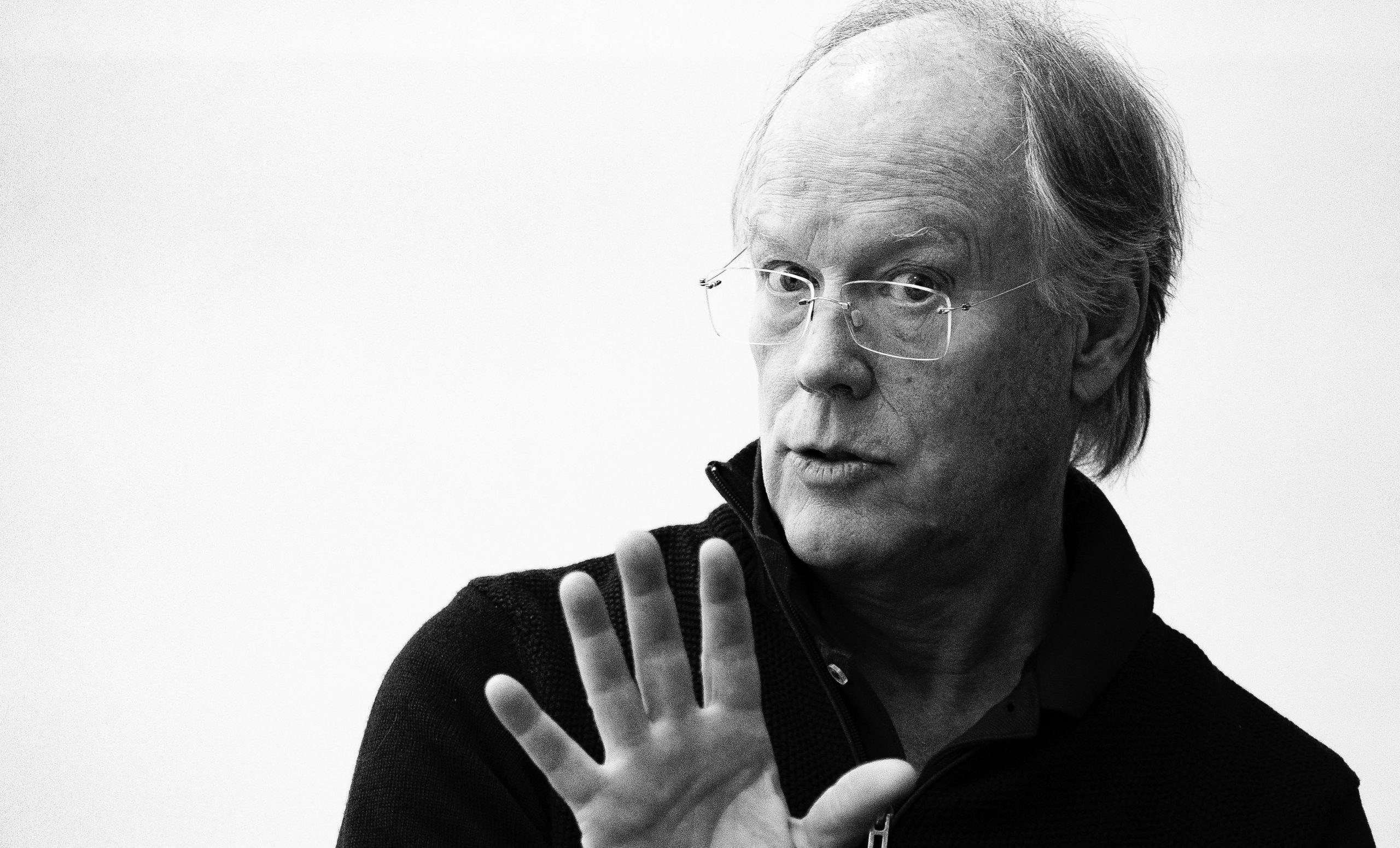
© photo : Didier Monge
Linda Wise
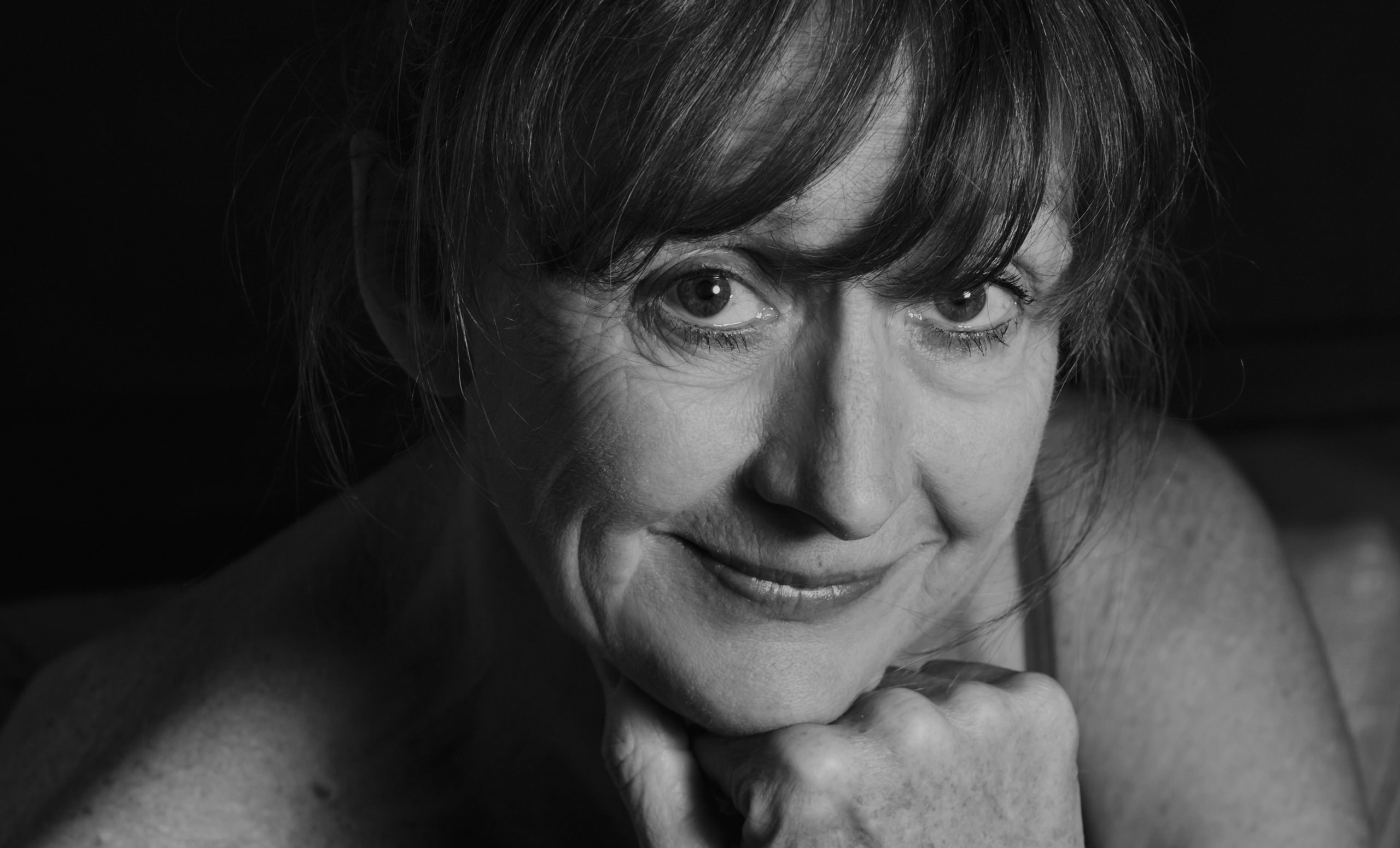
© photo : Javier Riano de Echanove
Beloved Pan, and all ye other gods who haunt this place, give me beauty in the inward soul; and may the outward and inward man be at one. Socrates
I climbed through the looking glass at 10, as Alice, into the magic world of theatre: the joy of dancing with words, the elation of singing – and, no nerves! At 13 I knew Hamlet inside/out, (I was every night in the prompt box!): all I wanted to do was theatre. With friends, we created our first companyThe Young Players. I did stumble on some opposition, and some depressions, but at 18, I made it to the Royal Scottish Academy, and, at 19, I met Roy Hart’s group in London. A turning point. I became “passionately engaged with a vision of the voice that found its embodied roots with Roy Hart”. LW. read more



